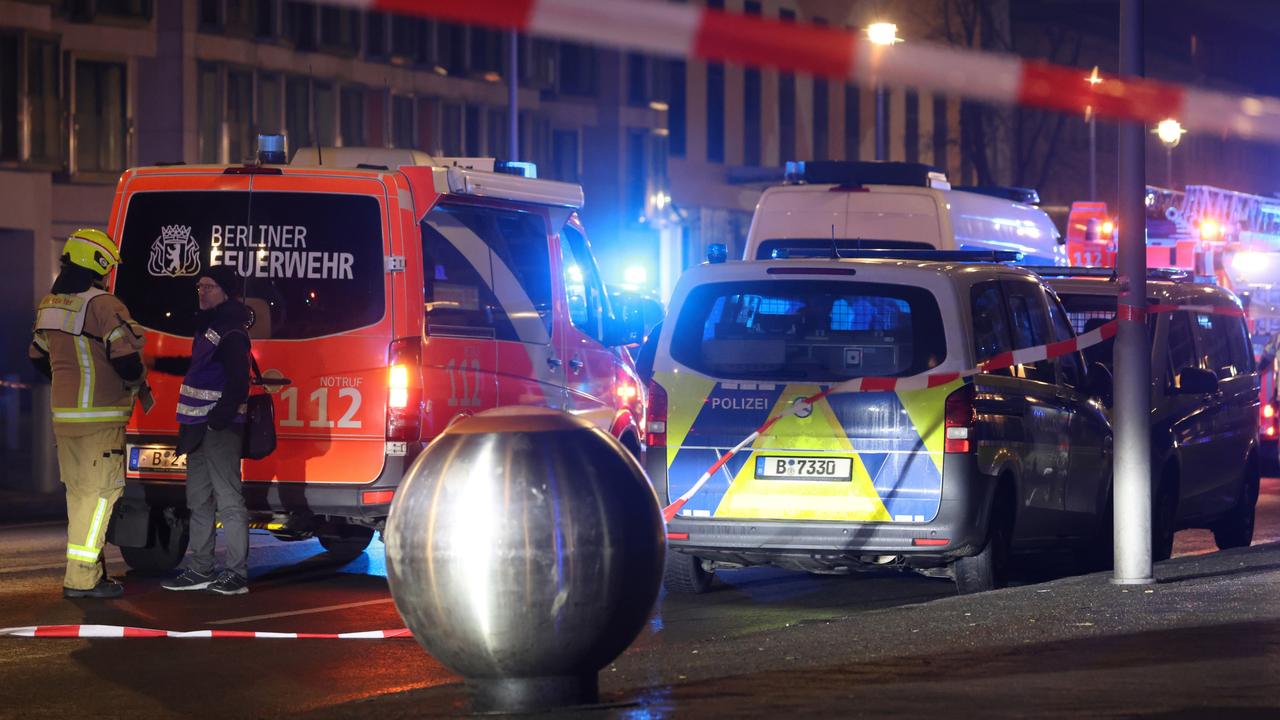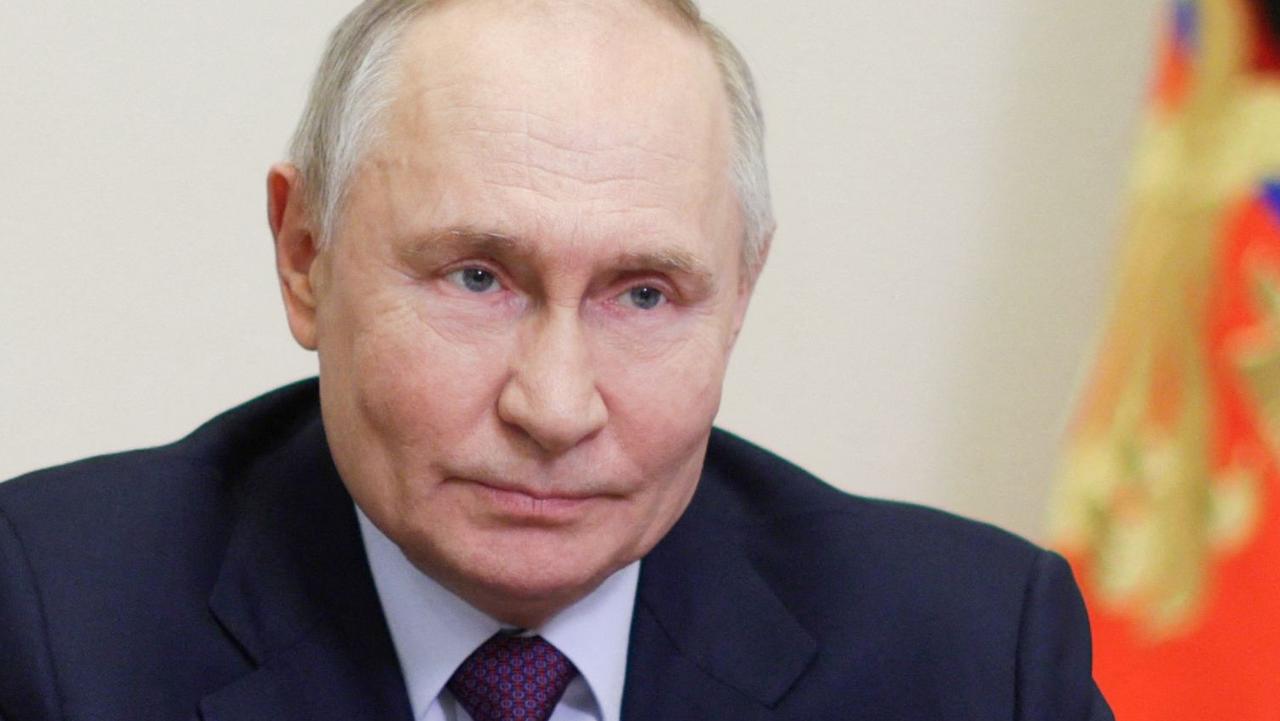‘Like Nazi concentration camps’: Ukrainians forcibly removed to Russia
Thousands of Ukrainians have disappeared across the border to Russia in a return to what officials say are “horrific events of WWII”.
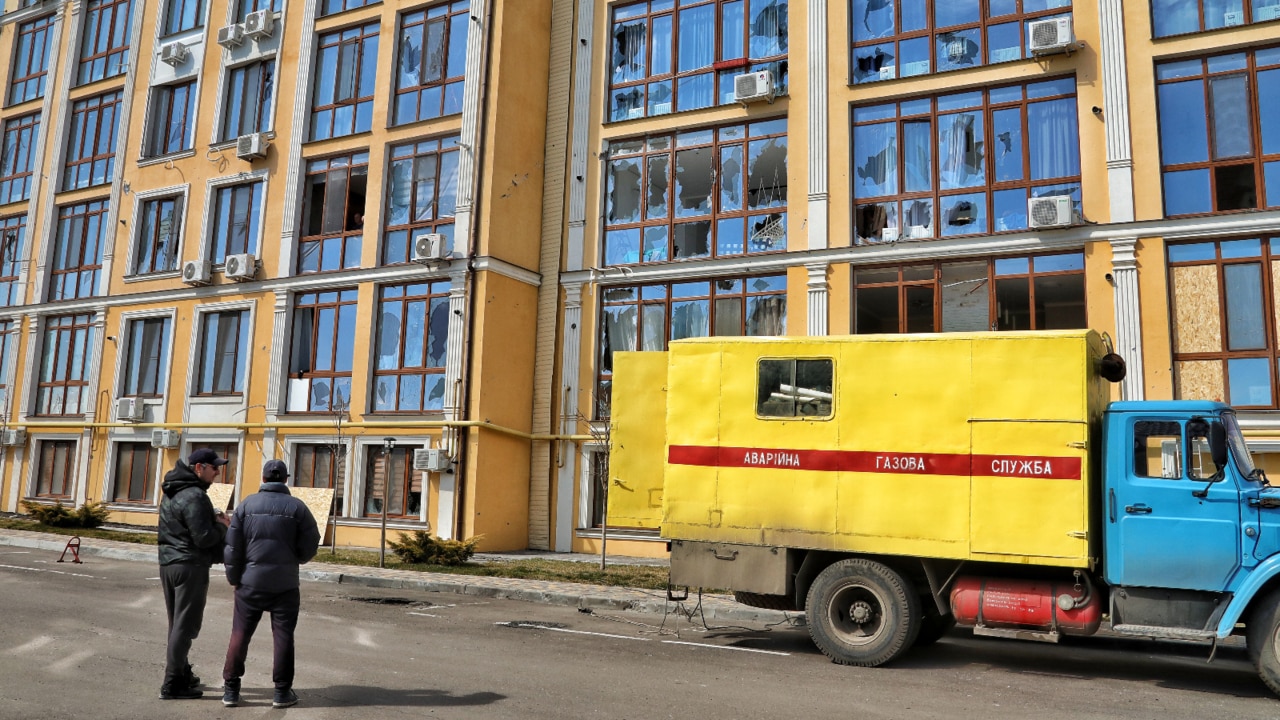
As bombs fall in Ukraine and the world’s attention is fixated on cities where thousands of people remain trapped without food and water, an equally disturbing situation is taking place in Russia.
There, Ukrainian citizens are being sorted into categories based on social media posts. They are being “tested” for “anything anti-Russian”, according to Ukrainian journalists.
Ukrainian politicians have taken the accusations even further — they say Russia is forcibly holding thousands of prisoners of war in a situation equal to Stalin-era camps known as Gulags.
The Gulags housed millions of people during WWII in conditions comparable to Nazi concentration camps. They were forced into incredibly strenuous working conditions and given little to no food. As a result, hundreds of thousands died of starvation.
Inna Sovsun is a member of Ukraine’s Parliament. She did not mince her words when talking about the fate that awaited thousands captured in the besieged southern port city of Mariupol.
#Mariupol city council informed that thousand of #Ukraine citizens from the captured parts of Mariupol have been forcibly interned to filtration camps, and then to remote villages in #russia.
— Inna Sovsun (@InnaSovsun) March 19, 2022
The GULAG has been restored😢
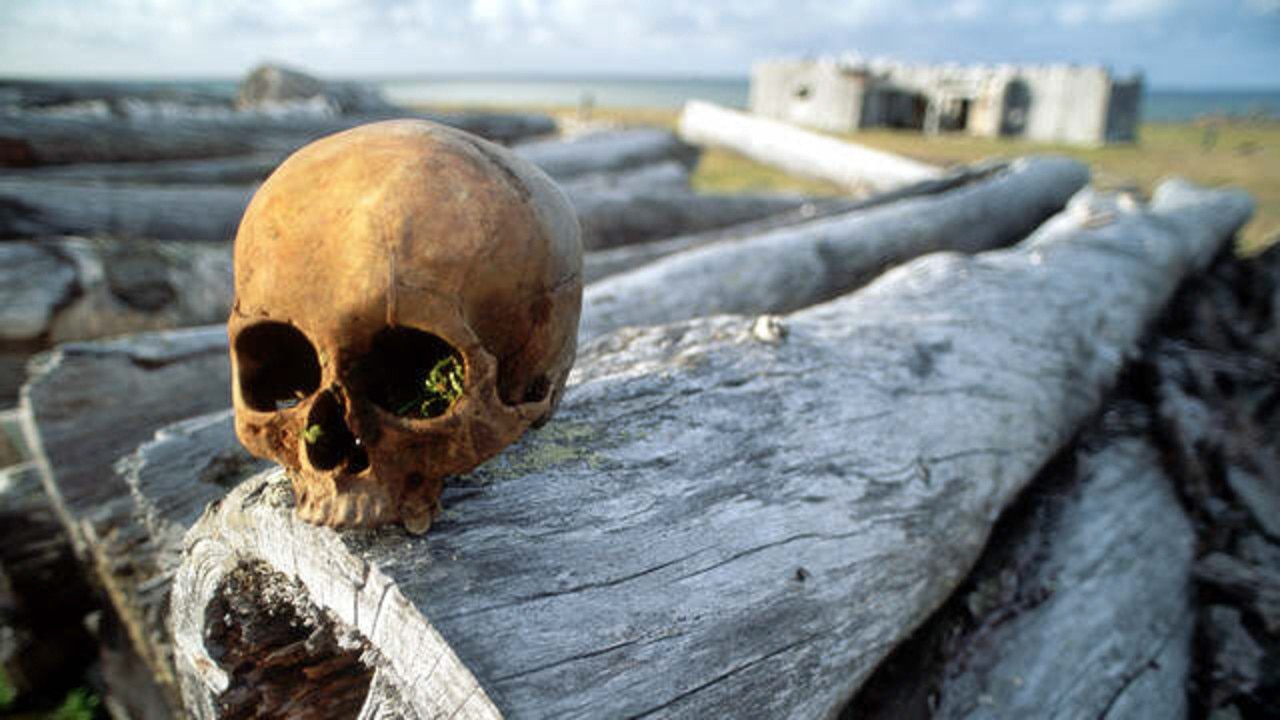
“Mariupol city council informed [us] that thousand[s] of Ukraine citizens from the captured parts of Mariupol have been forcibly interned to filtration camps, and then to remote villages in Russia,” she wrote on social media.
“The Gulag has been restored.”
Mariupol City Council issued a statement on the matter via encrypted messaging app Telegram.
“Over the past week, several thousand residents of Mariupol have been taken to Russian territory,” the press release said.
“The occupiers illegally drove away people from the Levoberezhny district and a bomb shelter in a sports club building, where more than 1000 people (mostly women and children) were hiding from constant bombing.”
City officials compared the situation to WWII Nazi-era concentration camps.
“What the occupiers are doing today is familiar to the older generation, who saw the horrific events of World War II, when the Nazis forcibly captured people,” Mariupol Mayor Vadym Boichenko said.
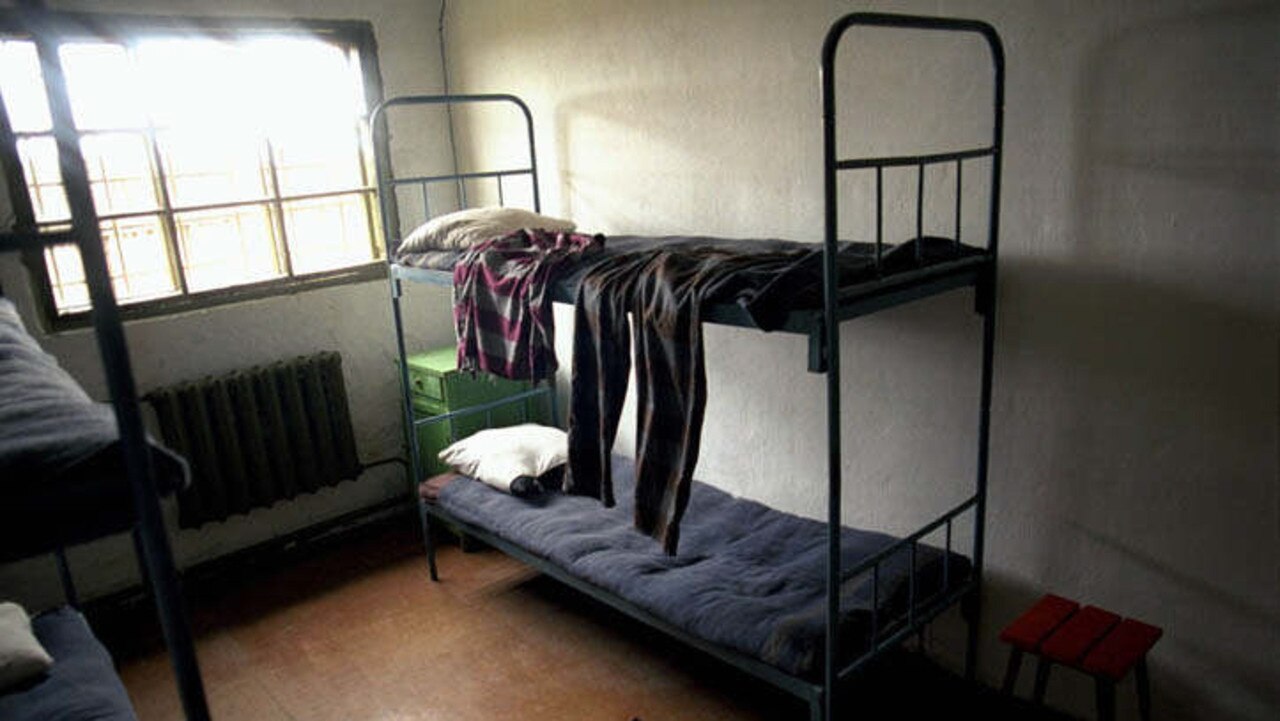
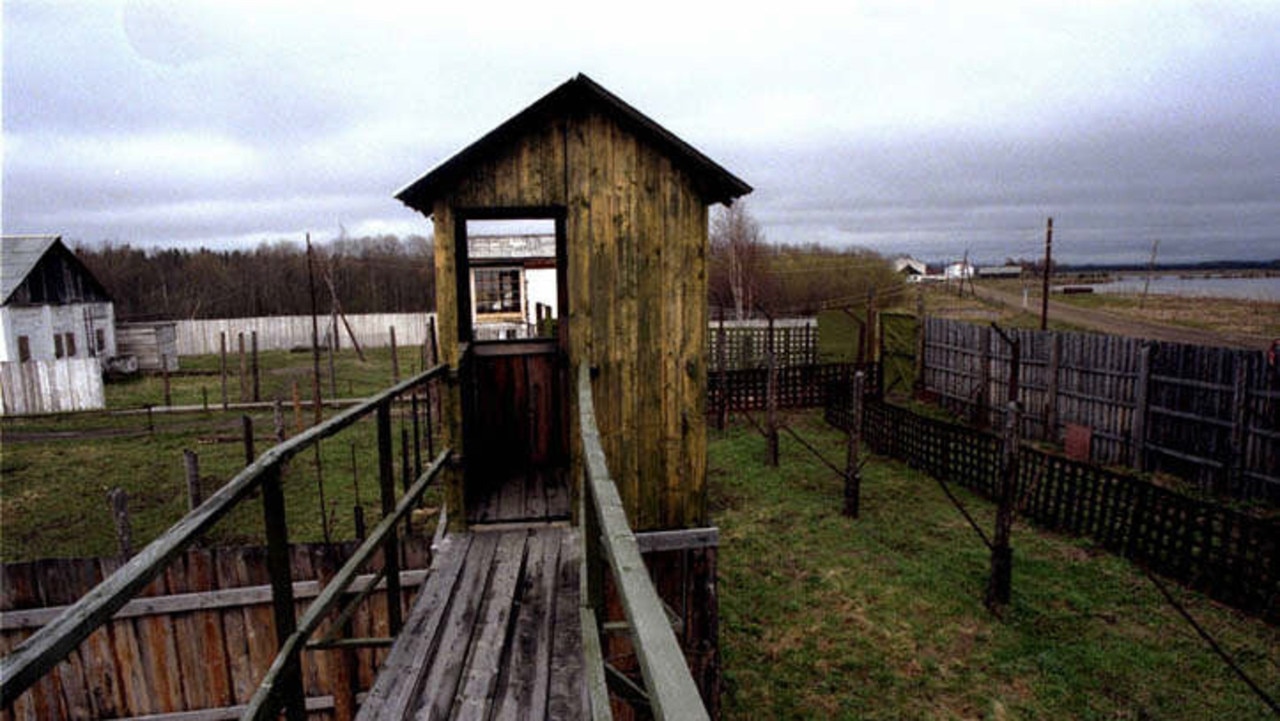
“It is hard to imagine that in the 21st century people can be forcibly taken to another country. Russian troops are not only destroying our peaceful Mariupol, they have gone even further and started driving away Mariupol residents.
“All war crimes by Russia must get the most severe punishment.”
Local official Pavlo Kyrylenko said similar things.
“The occupiers are sending the residents of Mariupol to filtration camps, checking their phones and seizing [their] Ukrainian documents,” he said, according to AFP.
The Financial Times reports that Russians are deciding the fate of those captured in Ukrainian cities based on their previous social media posts.
“They test them to see if they are trustworthy,” Anna Romanenko, a Ukrainian journalist in close contact with Ukrainian forces, told FT.
“They check their social media feeds for anything anti-Russian.”
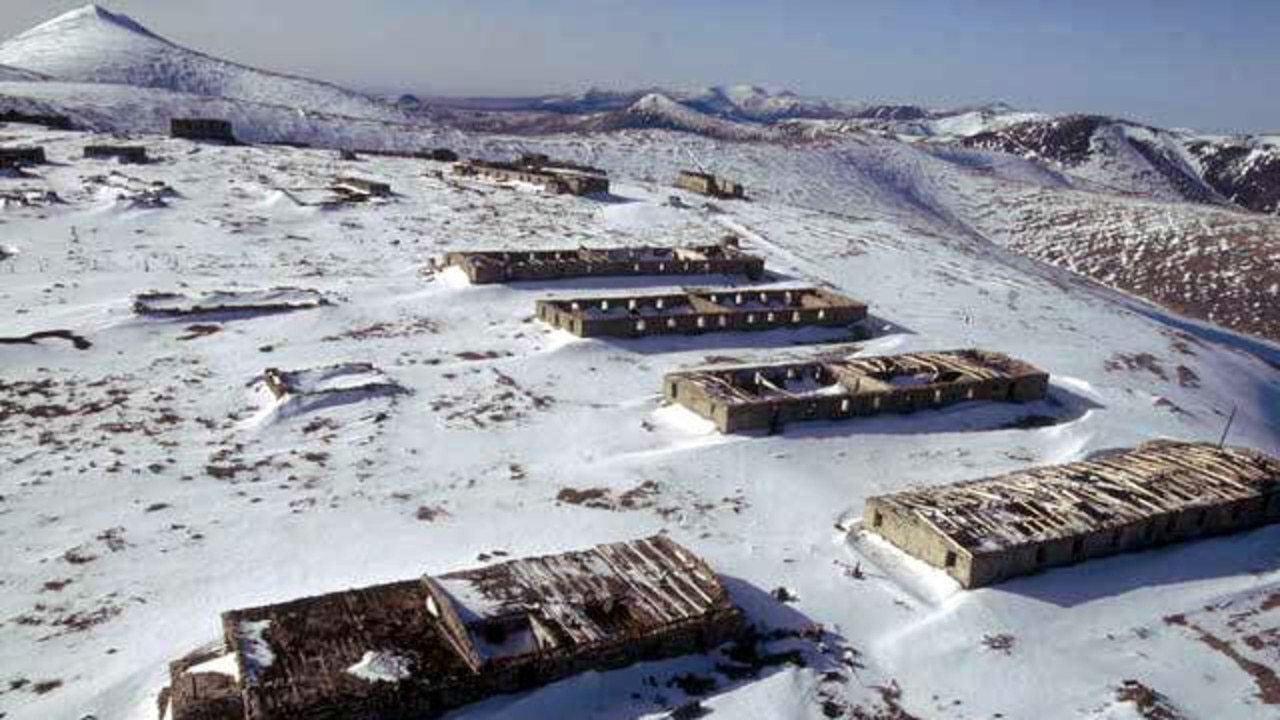
Meanwhile, in Ukraine, Russia is bombing schools and shopping centres.
But despite a soaring civilian toll, the Ukrainian president made clear his countrymen would not “hand over” the capital, the eastern city of Kharkiv, or the heavily bombarded and besieged Mariupol.
“Ukraine cannot fulfil Russian ultimatums,” he said. “We should be destroyed first.”
Nearly a month after Russia launched its full-scale invasion on February 24, Moscow has ramped up its air and sea operations, flying 300 sorties in the past 24 hours, in a “desperate” bid to turn the tide against the Ukrainian resistance, a senior US defence official said.
In Kyiv, a new 35-hour curfew was ordered from 8pm Monday, after Russian strikes – likely a missile – laid waste to the “Retroville” shopping complex where AFP reporters saw six bodies covered by black sheets on the ground.
“It’s the biggest bomb to have hit the city until now,” said 30-year-old Dima Stepanienko, who found himself flung to “the foot of his bed” by the explosion.
– with AFP





